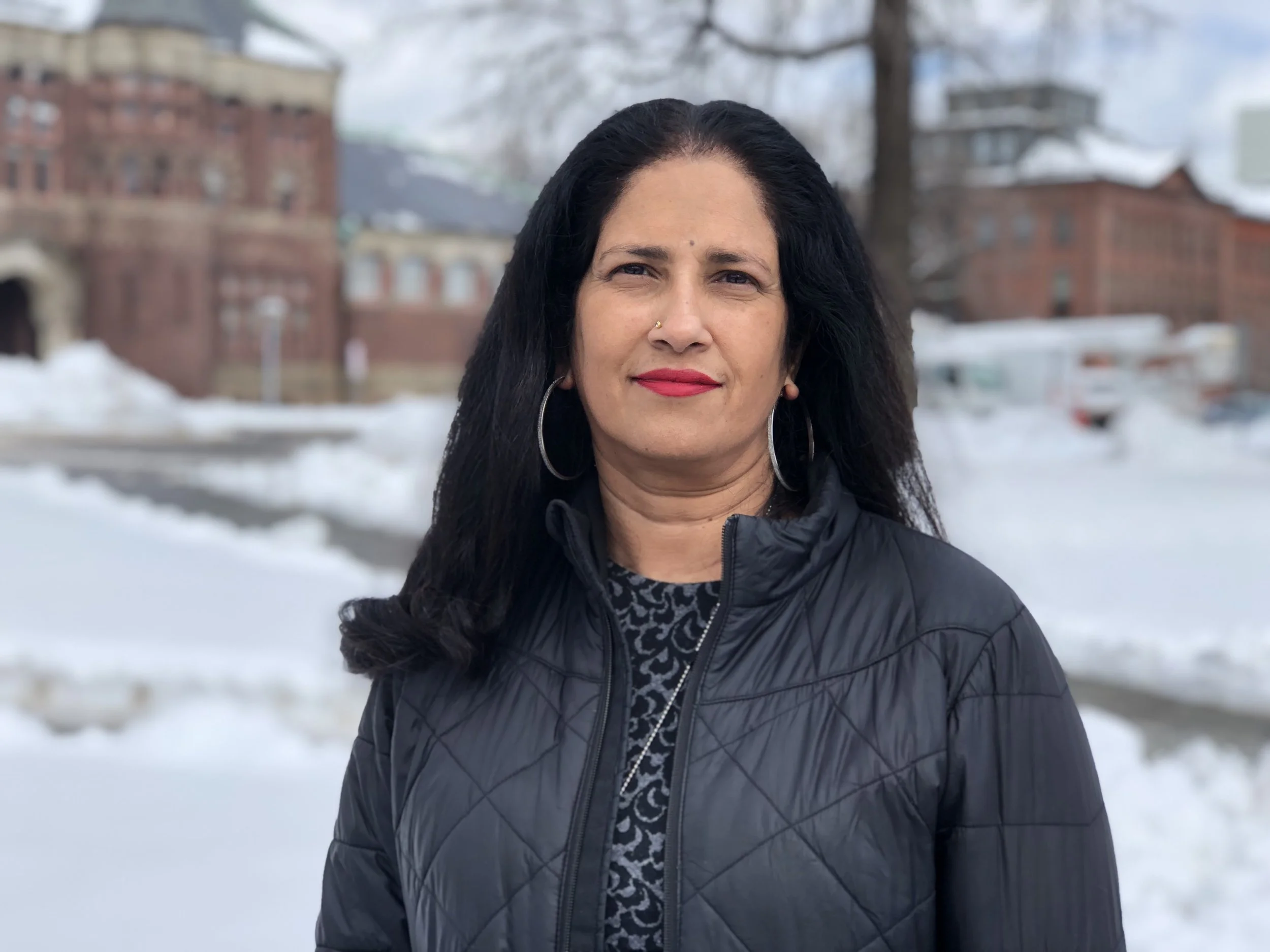CZI’s Big Bet on Early Childhood Learning Has a Lot in Common with Its Other Ed Work
/photo: wavebreakmedia/shuttterstock
The latest education gift from the Chan Zuckerberg Initiative comes with a hefty price tag. The funder pledged $30 million to Reach Every Reader, a partnership between the Harvard Graduate School of Education, Massachusetts Institute of Technology and Florida State University.
The three schools are teaming up with the Charlotte-Mecklenburg School District to develop an online tool that will screen kindergarten students to determine whether they might have trouble learning to read.
The goal is to have kids reading at grade level by third grade, but to achieve that, interventions need to start much earlier. After kids fall behind, it’s much harder for them to catch up, warn supporters of early childhood learning. The research backs up that claim. Kids who fall behind in reading in first grade are 90 percent more likely to have trouble reading in fourth grade and 75 percent more likely struggle with it in high school.
“Early screening is important because all the research shows that early intervention is much more effective than later intervention after a child has fallen far behind her classmates in reading (plus that is a very discouraging experience for a child),” said John D.E. Gabrieli, professor of health sciences and technology at MIT and director of MITili. Gabrieli is one of the professors working on Reach Every Reader.
“The web-based tool we are developing will be key for the early identification of reading challenges to help direct children immediately toward personalized interventions,” Gabrieli said.
The tool will screen kids for skills known to researchers as the building blocks of literacy down the line, Gabrieli said. Teachers and parents can intervene with personalized instruction for kids who score low on the test.
CZI is a relative newcomer to early childhood education funding, a space that historically hasn't attracted many big national players beyond the W.K. Kellogg Foundation. But that's been changing, as we often report. One important funder in this space right now is J.B. Pritzker, the Chicago-based heir to the Hyatt hotel chain. Like most funders working in early childhood education, the J.B. and M.K. Pritzker Family Foundation has done a fair amount of work locally in Chicago, but it’s also one of the few pushing early childhood learning on a national level. In the past, that’s included a $25 million investment in a federal partnership to provide early childhood education across the country.
Related: Big Money, Small Kids: A Billionaire Steps Up Yet Again for Early Childhood
It's not surprising to see CZI gravitate to early education. Its interest here is inspired in part by Priscilla Chan’s work in founding the Primary School, a new school based in East Palo Alto that integrates health and education to improve outcomes for underserved children. The model allows kids to attend full-time starting at age three.
Yet while early education remains new terrain for CZI, Reach Every Reader hits on a few themes present in the funder’s other work in education, namely a faith in technology and commitment to personalized learning.
The flashy part of Reach Every Reader is the online screening tool, but after high-risk kids are identified, the process sounds a lot like other high-touch education initiatives. The plan is for teachers and parents to intervene with personalized instruction and strategies tailored to at-risk children to ensure they don’t fall behind.
CZI’s commitment to personalized learning is on clear display, here. Personalized learning is growing in popularity among funders, as we’ve reported at IP. The approach has been around for a while, and the term can mean different things depending on whom you ask, but the basic idea is that students learn better when lessons are tailored to them.
Personalized learning doesn’t necessarily have to include technology, but some funders are excited about technology’s potential to make personalized learning easier and more attainable in practice. CZI is one of those funders. Along with the Gates Foundation, it contributed part of a $13 million grant for personalized learning to the nonprofit accelerator New Profit.
However, the centerpiece of CZI’s work on personalized learning is the Summit Learning Platform, a free online personalized learning tool. The tool was developed at Facebook in partnership with Summit Learning, but has since moved over to CZI. The funder is committed to the platform—over the last year, many of its new hires were engineers, with more to come as the work progresses.
Reach Every Reader aligns closely with CZI’s embrace of technology. A key part of Reach Every Reader is the online, scalable tool to assess kindergartners' risk for having a hard time reading in the future. Part of the early phase of this work will focus on making sure the tool is accurate in its predictions for kindergarteners, Gabrieli said. How well it works remains to be seen, but one thing is clear: CZI keeps betting big on education technology.
Related:







































